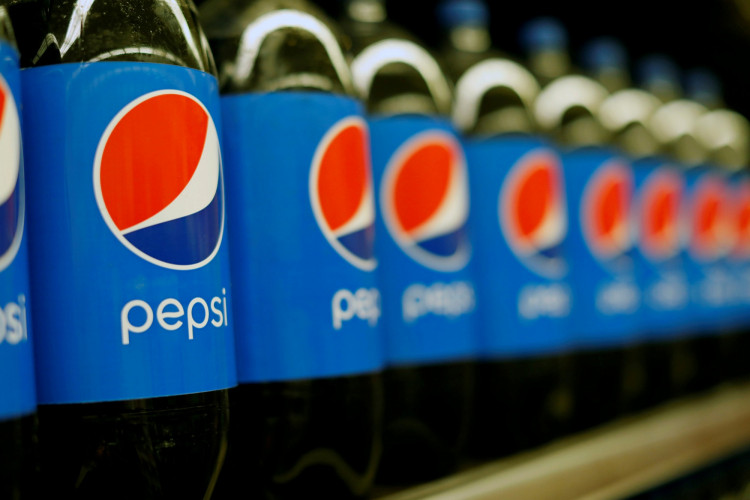PepsiCo Inc. posted stronger-than-expected third-quarter earnings Thursday, buoyed by solid international sales and improving beverage performance, even as the company continued to face declining volume in its North American snack and drink businesses.
The maker of Pepsi, Gatorade, and Doritos reported adjusted earnings per share of $2.29, ahead of Wall Street's forecast of $2.26, on revenue of $23.94 billion, which also surpassed expectations. Net income attributable to the company fell to $2.6 billion, or $1.90 per share, from $2.93 billion a year earlier, as higher costs and weaker domestic demand weighed on profitability.
Organic revenue, which excludes acquisitions, divestitures, and currency fluctuations, rose 1.3%, while total sales climbed 2.6% year over year. Shares gained nearly 2% in premarket trading, extending a modest rebound after falling almost 9% so far this year.
Chief Executive Officer Ramon Laguarta credited the results to PepsiCo's global diversification and cost optimization efforts. "Our reported net revenue growth accelerated and reflects the resilience of our international business, improved momentum within North America Beverages and the benefits of our portfolio reshaping actions," Laguarta said. "As we look ahead to the balance of this year and beyond, our top priorities are to accelerate growth and aggressively optimize our cost structure."
The company continues to face headwinds in its domestic operations. Worldwide food and beverage volume declined 1%, with PepsiCo Foods North America posting a 4% volume drop. The segment includes brands such as Doritos, Quaker Oats, and Pearl Milling, which have been pressured by shifting consumer habits and competition from lower-cost alternatives. PepsiCo has responded by investing in "permissible" snack options, such as Stacy's pita chips and Quaker rice cakes, and launching Doritos Protein, aimed at capitalizing on the high-protein trend.
In beverages, North American volume fell 3%, though executives pointed to signs of stabilization. Pepsi's core soda line recorded volume and revenue growth, while the company's probiotic soda brand Poppi, acquired last year, saw retail sales rise more than 50% year to date. PepsiCo has also sought to streamline its portfolio, selling its Rockstar Energy business in the U.S. and Canada to Celsius Holdings, while retaining an 11% stake in the rival energy drink maker.
The company reaffirmed its full-year outlook, projecting core constant-currency earnings per share roughly flat from the prior year and organic revenue growth in the low single digits. Executives said North America remains a key area of focus, pledging to "aggressively reduce costs, accelerate innovation and further sharpen our price pack architecture initiatives."
PepsiCo also announced a major leadership transition. Jamie Caulfield, the company's longtime chief financial officer, will retire next year after more than three decades with the company. Steve Schmitt, currently CFO of Walmart U.S., will assume the position effective November 10, marking one of the most significant management changes since PepsiCo began restructuring its North American operations.






